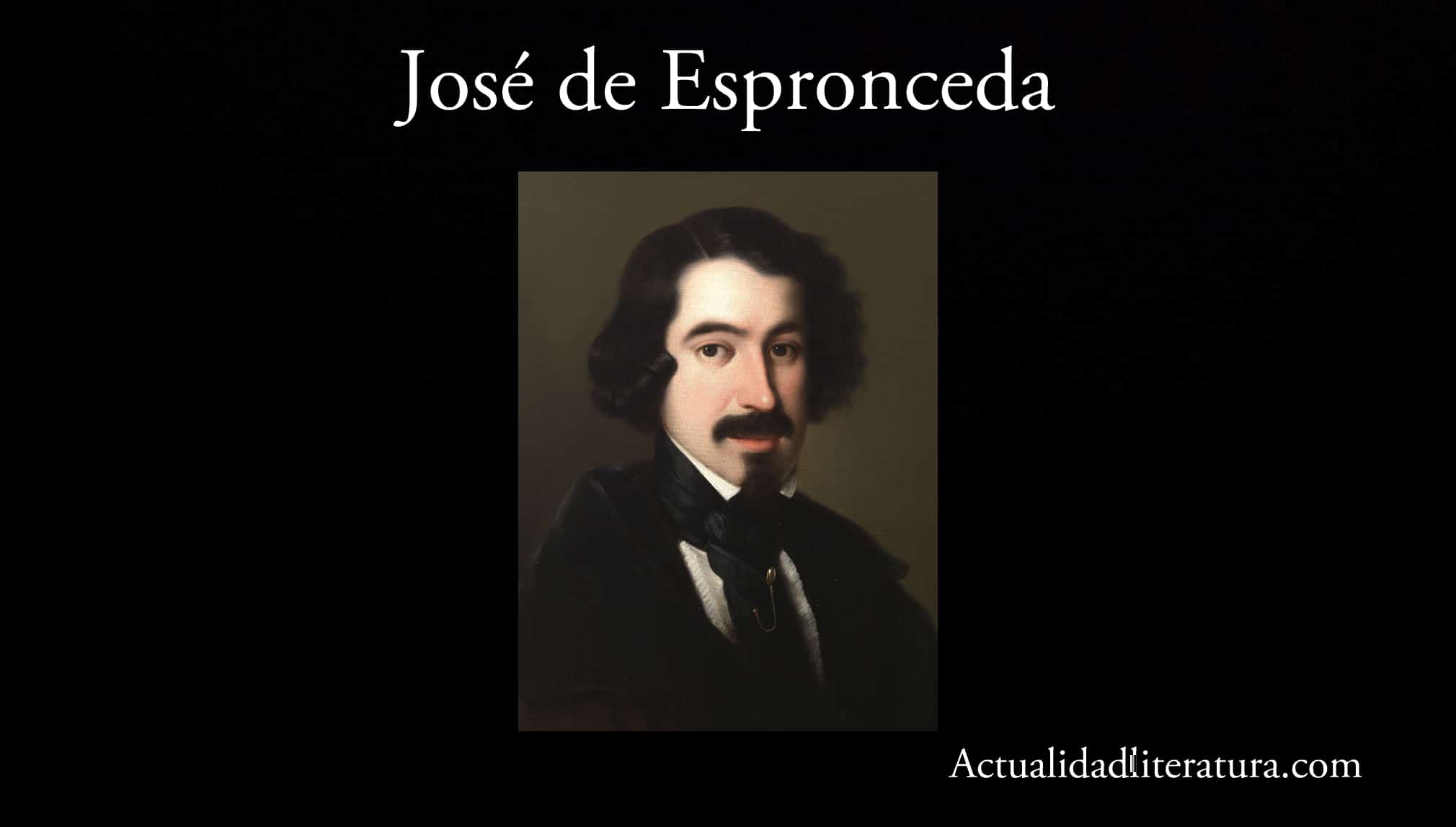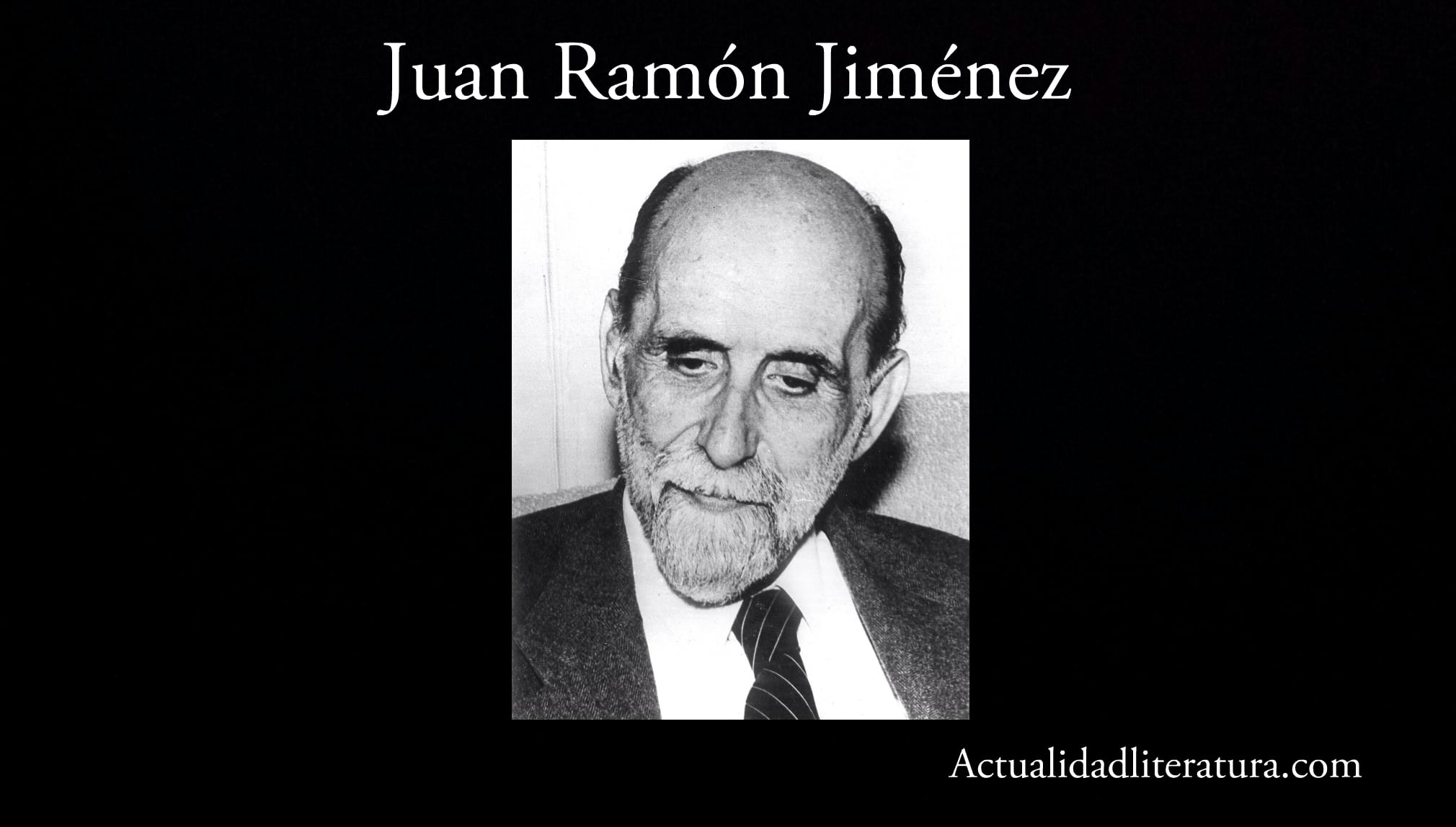
Federico García Lorca.
The lyric is the written expression of feelings. It is a broad term, sometimes difficult to define according to the perspective used for its demarcation. Without a doubt, its importance is invaluable. Why? Because it has been used by writers of all times to express feelings, emotions and deeper opinions to the world regarding countless topics.
Likewise, lyrical pieces have been written in practically all Western languages. Usually, hehe lyric is divided into several subgenres, which are grouped into two blocks. Namely, the major genres: song, hymn, ode, elegy, eclogue, and satire; and the minor genres: the madrigal and the letrilla.
Origins
The lyric is one of the foundational genres of universal literature. Prior to dramaturgy and narrative. However, the appearance of the word that currently gives it meaning would not begin to be used until the XNUMXth century. Before there was talk of poetry and its different variants.
It takes its name from the lyre. Because from Ancient Greece and until the collapse of the Roman Empire, the poetic works were compositions closely linked to this musical instrument. The verses — there was also room for prose, but it was not the norm — were intended to be sung or recited.
Evolution and development of the lyric
The lyre and poetry progressively separated their ways. In consecuense, prose developed far from the rigidity imposed by harmonies and consonant rhythms. In addition, minstrel troubadours were given greater freedom to evolve the genre.
With the revolution that occurred with the arrival of the Renaissance, the break became evident. In fact, this period represents a turning point. Since then, two independent concepts have been handled, although irremediably related to each other: lyrical poetry and lyrical singing.
In the collective imagination
For an important sector of the population, talking about lyrical today is limited exclusively to the idea of lyrical singing. Similarly, an arbitrary (and not always exact) separation is made between “tenors and sopranos”. That is to say, at this point all those who "sing lyric" are grouped. Regardless of whether the vocal register is different from the aforementioned and popular music performers.
Lyricism
As a concept, lyricism is even later; its official "debut" is recorded in the year 1829. It appeared in a letter from Alfred Victor de Vigny, a prominent French poet, playwright, and novelist. In his opinion, "the highest lyricism" was destined to become the equivalent of modern tragedy.
General characteristics
Given the breadth of the concept, establishing the general characteristics of the lyric can be considered as an arbitrary act. However, it is possible to constitute a set of common features. Despite the fact that most of them respond mainly to “traditionalist” ideas.
Total subjectivity

Joseph of Espronceda.
If objectivity is already an abstract conception - even utopian within other literary genres - in the lyric it is completely dispensed with. The author has the duty and the right to freely air his feelings and emotions about certain events or motivations.
No frame
Yes there are characters; there is a protagonist (the "lyrical object"); some facts are described. But in the lyric the representation of "plot" has no validity, which is indispensable for the narrative and the dramaturgy. Even in some essays, a certain "narrative" plot development can be applied — in a totally arbitrary way, by both writers and readers.
In this point, some of the contradictions are presented when analyzing lyrical poetry separately from lyrical singing. The reason? Well, opera (the subgenre par excellence when speaking of "musical lyric") needs a "dramatic construction". Consequently, you cannot give up on a "classic" plot.
For poets, little time
Except for exceptions, lyrical poetry is a short literature, of few lines. When it is very extensive, it is limited to a few leaves. This conditioning is partly due to its origins, because those who sang and recited had to learn the poems by heart. However, this did not change even with the advent of the printing press.
Linguistic refinement
Beauty has always been a very important value for poets. Therefore, hehe choice of words is not exclusively due to the search for rhyme. There is also an interest in transmitting sensations through images, which is achieved mainly through the use of figures such as metaphors.
However, until the Middle Ages this linguistic refinement could not be placed above sonority and melody. The rhythm, apart from the rhyme, were the basic tools to achieve the much desired musicality. This characteristic has been perpetuated until many of the current lyrical compositions.
A statement of self
In the lyric, the subjective expression of the author's wishes. For this purpose, lMost of them are written in the first person. Although some authors resort to the third person, it is only as a poetic device. Therefore, it does not imply at any time a waiver of personal opinions.
The lyrical attitude
The lyrical attitude is a vital aspect when building these artistic pieces. Partly, summarizes the author's state of mind when facing his creation and, mainly, the lyrical object. Basically you can do it in two opposing and exclusive ways: with optimism or pessimism. Additionally, the lyrical attitude is classified into three variants:
Enunciative attitude
The lyrical speaker (the author) presents a chronological account of events that occur or occurred to the lyrical object or himself. Explicitly or between the lines, the narrator tries to present the events objectively.
Appellate attitude
Also known as apostrophic attitude. In this case, the poet questions another person who may be a figure represented by the lyrical object or by the reader. The purpose is to establish a dialogue, regardless of whether or not responses are produced.
Expressive attitude
Without filters, the author opens up to the world in a sincere way; the speaker reflects and dialogues with himself, offering personal opinions and conclusions. In some cases it implies total communion between the speaker and the lyrical object.
Examples of lyrical
"Sonnet XVII", Garcilaso de la Vega
Thinking that the road was going straight
I came to stop in such misfortune,
I can't imagine, even madly,
something that is a while satisfied.
The wide field seems narrow to me,
the clear night for me is dark;
the sweet company, bitter and hard,
and a hard battlefield the bed.
Of the dream, if there is any, that part
alone, which is the image of death,
it suits the weary soul.
Anyway, as I want I'm art,
that I judge by the hour less strong,
although in her I saw myself, the one that is past.
"The definitive trip", Juan Ramón Jiménez

Juan Ramon Jimenez.
And I will go. And the birds will stay, singing;
and my garden with its green tree will remain,
and with its white well.
Every afternoon the sky will be blue and placid;
and they will play, as this afternoon they are playing,
the bells of the belfry.
Those who loved me will die;
and the town will become new every year;
and in the corner of that my flowery and whitewashed garden,
my spirit will wander, nostalgic.
And I will go; And I'll be alone, homeless, treeless
green, no white well,
no blue and placid sky ...
And the birds will stay, singing.
"Octava real", José de Espronceda
The banner see that in Ceriñola
the great Gonzalo displayed triumphantly,
the noble and illustrious Spanish teaches
that dominated the Indian and the Atlantean sea;
regal banner that flutters in the air,
gift of CRISTINA, she teaches brilliantly,
see her we can in the close fight
torn yes, but never defeated.
"Upon leaving prison", Fray Luis de León
Here envy and lies
they had me locked up.
Blessed is the humble state
of the wise man who retires
of this wicked world,
and with a poor table and a house,
in the delightful field
with only God compassion,
his life passes by alone,
neither envied nor envious.
Fragment of "The Spilled Blood", Federico García Lorca
I don't want to see it!
Tell the moon to come
I don't want to see the blood
of Ignacio on the sand.
I don't want to see it!
The moon wide.
Horse of still clouds,
and the gray square of the dream
with willows on the barriers. (…)